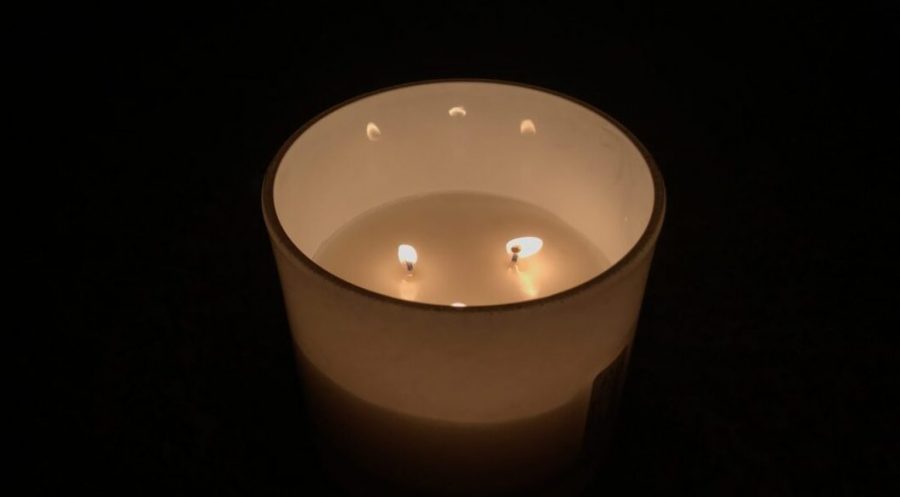Art by Dzung Nguyen
For years sophomore Harper Dailey felt trapped in her own body. She felt as if she were put under an undeserved label. Her parents gave her a feminine name, and doctors declared a feminine gender. She dressed and acted the way she was branded even though it felt wrong to her.
Over time, Dailey realized she did not fit her cookie-cutter image, so last year she made the decision to change her name, marking her identity as genderfluid. She said her decision brought with it a new feeling of liberation. Dailey felt she could finally be herself.
“Coming out has given me a sense of freedom,” Dailey said. “I feel like I can be myself more than ever before. I don’t care what people say about me; I know who I am, and that’s all that matters.”
With recent light shed on the Lesbian, Gay, Bisexual and Transgender (LGBT) community, specific identifiers have become more common and can either be considered a beneficial way to brand oneself, or a negative implication.
According to the Sexuality, Poverty and Law Programme, “The identity categories [LGBT] have been instrumental in raising awareness of sexuality issues and of bringing them onto national and international policy agendas.”
Dailey agrees with the Sexualtiy, Poverty and Law Programme and believes the labels bring awareness and positivity to the LGBT community.
“I think using names and labels is good if it positively affects the people who use them, especially if it makes them more comfortable being who they are. There is a lot of judgment involved though, not everyone will accept you and treat you the way you deserve to be treated,” Dailey said. “They’re becoming popular because it makes people more comfortable in their own skin, it makes people feel like their true self.”
Despite some of the discomfort that accompanies labels, Courtney Boddie, a therapist and educator focused on the LGBT community, says identities are an important aspect to the human psyche. Names are part of human nature, naturally wanting to group people,.
“In general, humans have a fairly small tolerance for uncertainty, although this does differ across cultural groups,” Boddie said. “This setpoint evolved from a basic, fear-based need for survival. Imagine you are in the wilderness hunting and gathering. You hear a noise and move to escape or defend. Imagine, then, that you bump into the person who made the sound. In seconds, an evaluation is made of this person as harmful or not harmful. This evaluation is typically based on how similar a person is to you.”
Senior Ian Koopman has years of experience navigating his sexuality and gender. Koopman agrees that a specific distinction can help build shared, supporting communities, but he also observes the two edged sword that is identity.
“I only feel that labels can [be] particularly detrimental when coined by people outside of the group, specifically used to other people, like the word queer. I still regard queer as a slur because of its history of being used against the LGBTQ community, but I think it can be reclaimed by individuals,” Koopman said. “My personal view regarding slurs is that an individual of the group can reclaim it themselves, like calling themselves queer, but someone else should never use it in regard to another person unless expressly told it’s ok because of its history.”
Koopman realizes just how complex a name is, and how close it can come to being a pejorative. Much of the preference or abhorrence of certain epithets boils down to personal views, Koopman reckons. Although there is a debate and stigma surrounding titles, there is no doubt that fitting a label and feeling secure in a name adds to happiness and comfort.
“I personally changed my name and labeled myself as genderfluid because it makes me feel comfortable,” Dailey said. “For years I repressed being myself and kind of kept it inside, and so far no label fits me better than genderfluid at this point in time.”
Teens navigate and reclaim labels, names
May 27, 2017
0
More to Discover





















































































